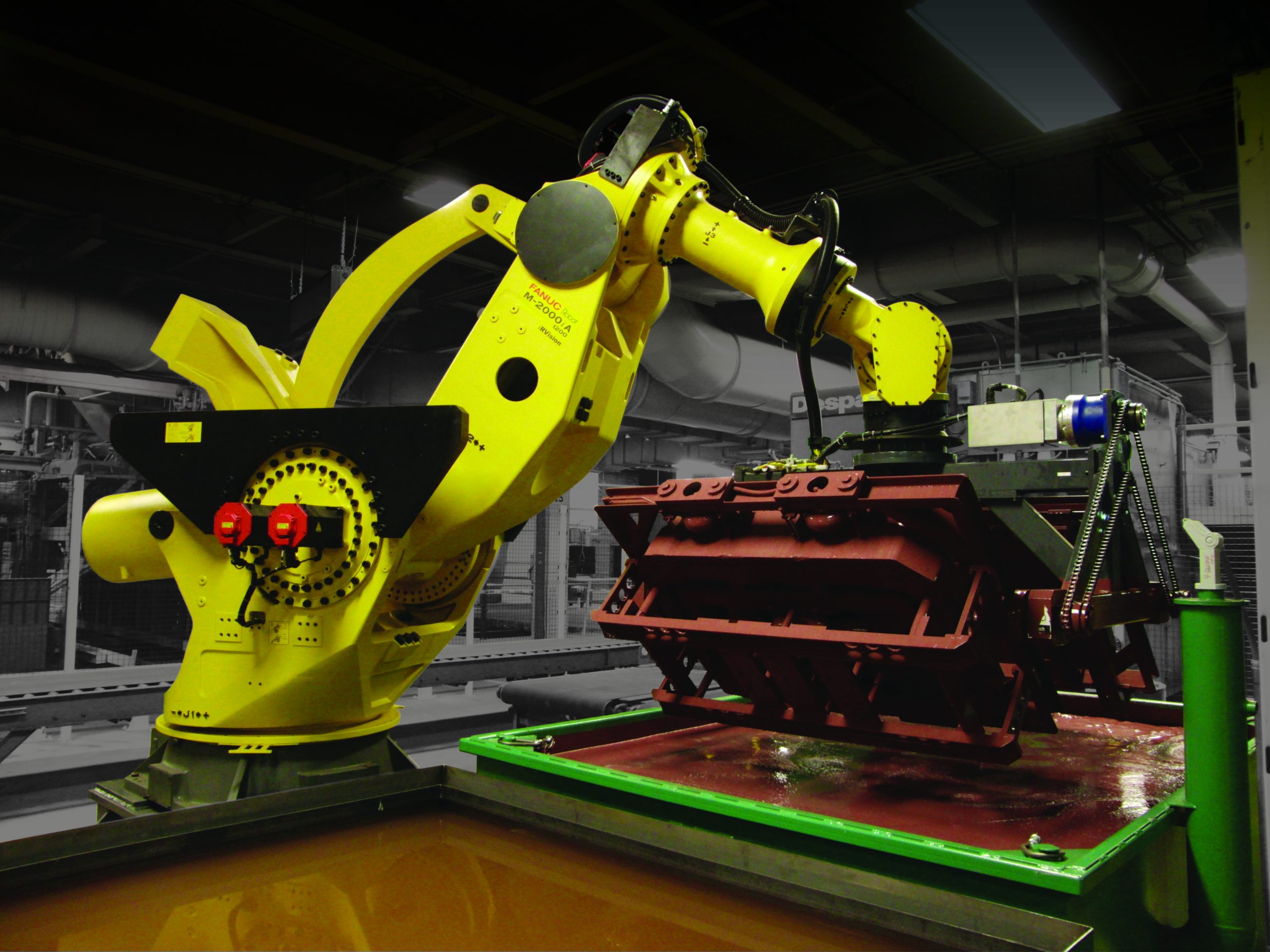In the constantly evolving manufacturing sector, robots are crucial to efficiency and innovation. The integration of industrial robotics in manufacturing processes has transformed manufacturing, bringing numerous benefits to businesses seeking to enhance production, quality and competitiveness. Manufacturing robots play a crucial role in the future of manufacturing, as the demand for automation continues to increase.
Manufacturing robots (also known as industrial robotics) are machines that are designed to carry out various tasks in a manufacturing environment. These tasks may include welding, painting,, packing and picking and much more. The field of industrial robotics is the research and use of robotics. It is focused on improving productivity and precision during manufacturing operations.

Automated Solutions Australia is one of the companies that are at the forefront. They specialize in industrial robots that offer flexible automation to manufacturing clients. The industrial robots of ASA help customers gain an edge in the marketplace by increasing efficiency and quality. With a particular concentration on implementing best practices, ASA’s industrial robotic solutions are sought-after by corporations all over the world in various industries, including automotive, electronics pharmaceuticals, among others.
The benefits of implementing industrial robots in manufacturing are multifaceted. Efficiency and productivity is among the primary benefits. Industrial robots can complete repetitive tasks with accuracy and consistency, resulting in increased output and shorter cycle times. This not only boosts productivity, but also helps businesses meet the demands of their customers.
Industrial robots are also a part of improved quality control in manufacturing processes. Robots are able to complete tasks more accurately and with higher security. This means that they produce better products. The result is increased customer satisfaction and improves the reputation of a company by providing top-quality products.
Industrial robots are not just efficient and of high-quality, but they also save money. While the initial investment in manufacturing robots could seem significant however the cost savings over the long term are significant. Companies can cut operational costs through streamlining processes and decreasing manual labor. Industrial robots are able to be operational 24 hours a week making the most efficient use of resources, while reducing costs of production per unit.
Another major benefit of industrial robots is their effect on work settings. They produce very low levels of noise, resulting in an environment that is more peaceful and more relaxing for employees. Additionally, their precision and speed make for the safety of workers in reducing the likelihood of injuries and accidents associated by manual work.
The incorporation of industrial robots plays an important role in the creation of jobs and the future work. Although there could be some concerns regarding the possibility of automation replacing human workers However, the reality is industrial robots offer new opportunities to work. This includes positions in the field of robotic programming, maintenance, oversight and supervision, as well the development of innovative technology to aid in the production of robots.
Companies across various industries continue to benefit from industrial robots, and manufacturing continues to adopt the technology, it is rapidly changing the business. Because of its capability to improve efficiency, quality, and cost-effectiveness industrial robotics is changing how products are produced and establishing new standards of quality in the manufacturing industry.
In conclusion, robotics in manufacturing are a new paradigm in manufacturing. The integration of these cutting-edge technologies is empowering businesses to achieve unprecedented levels of productivity as well as precision and competitiveness. Industrial robots will play an important role as the demand for automation continues to increase. They could help shape the future of manufacturing and spur forward the development of technology.